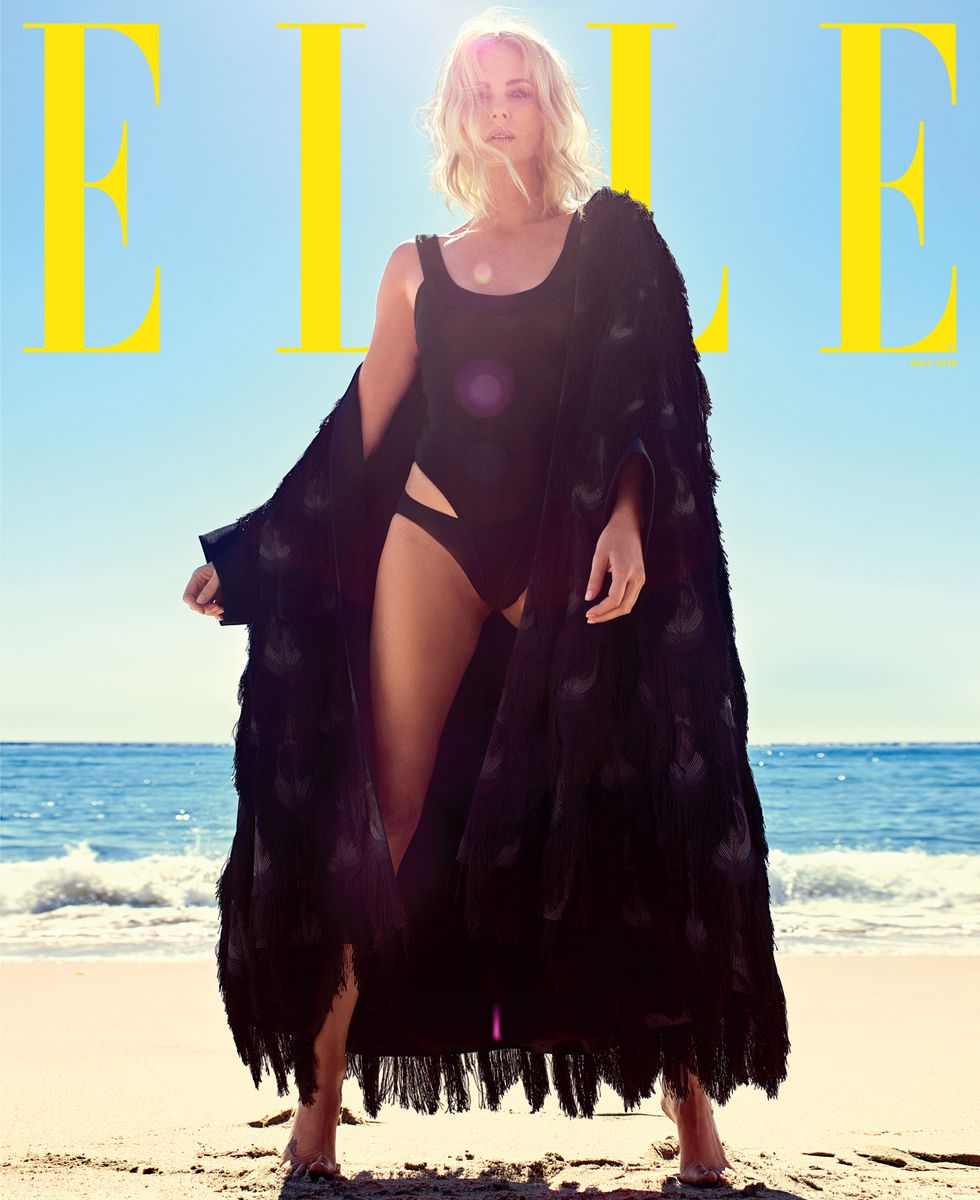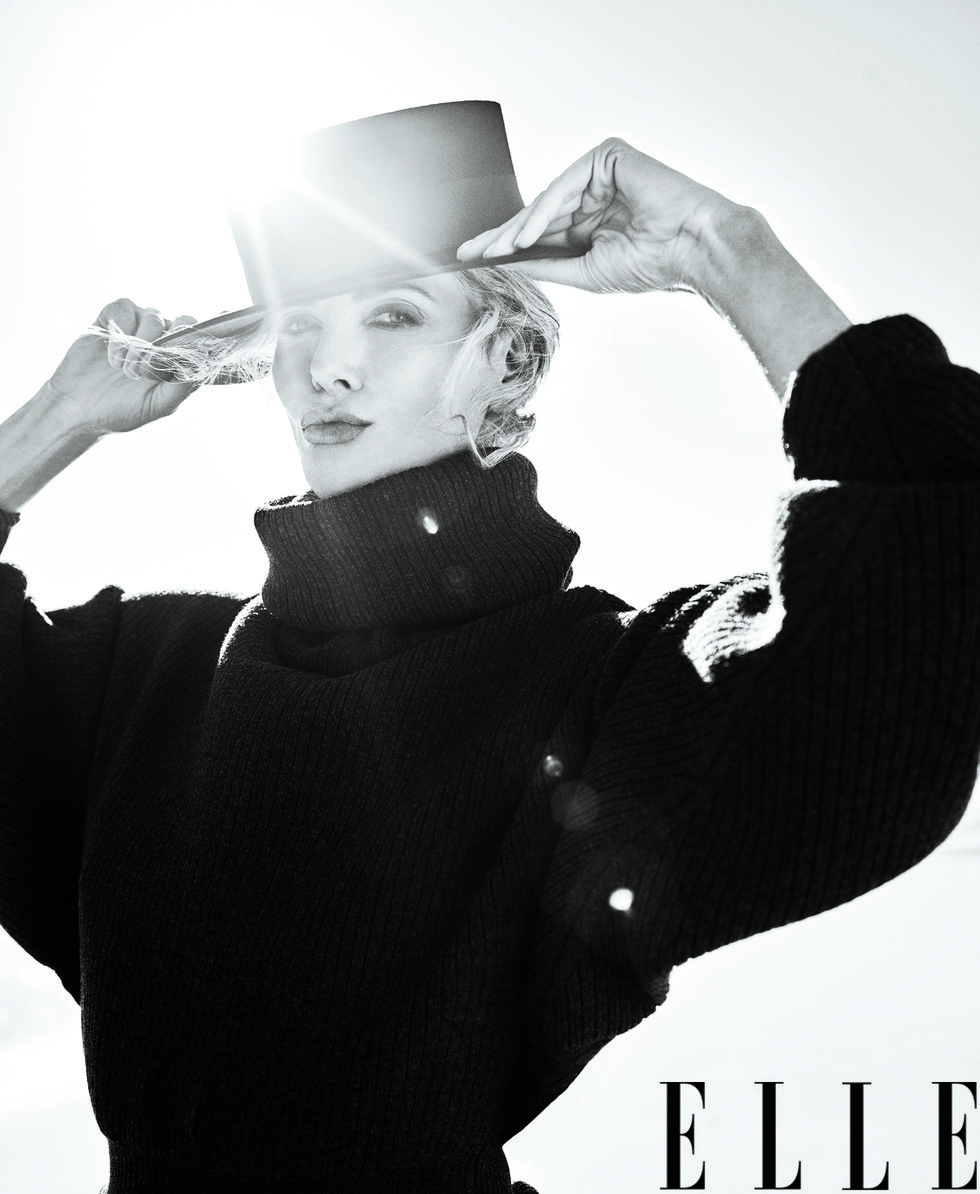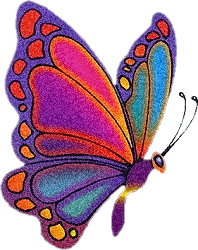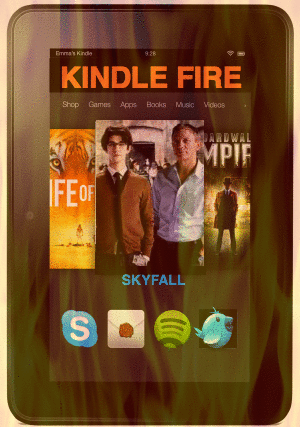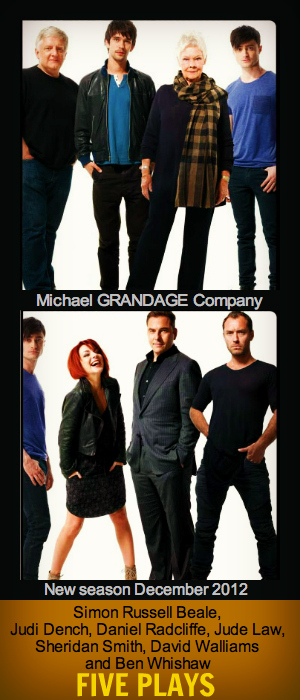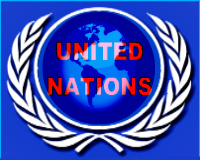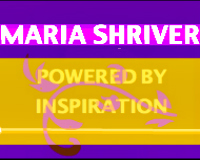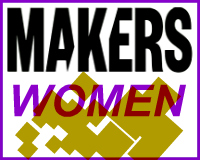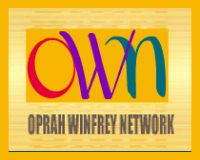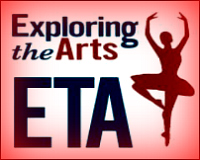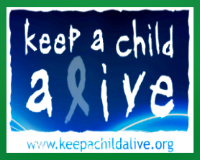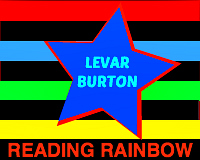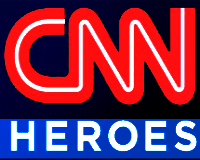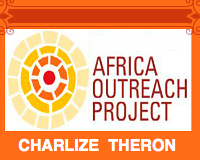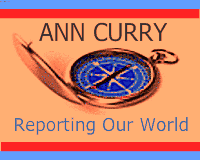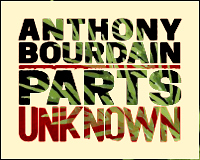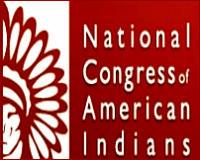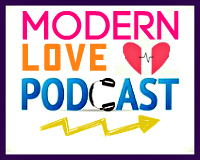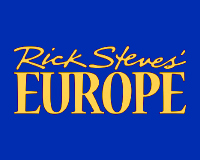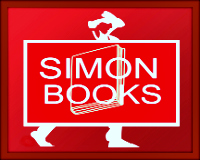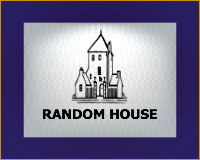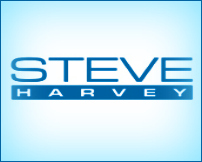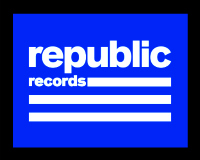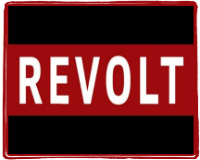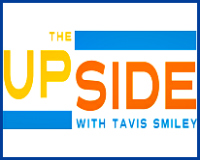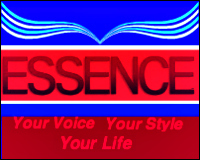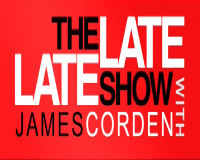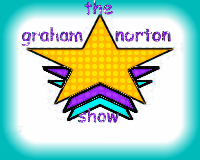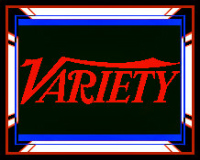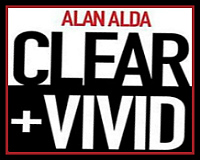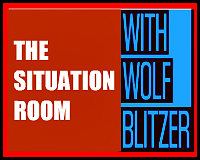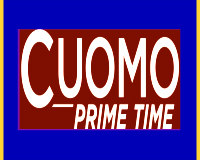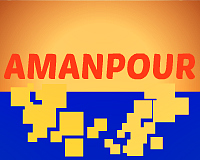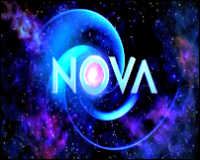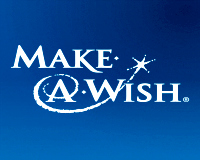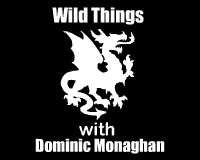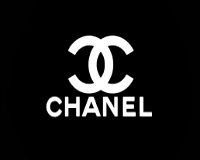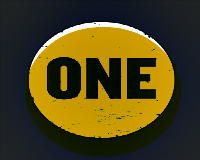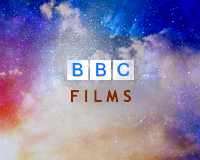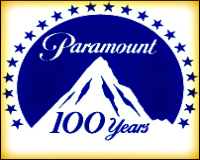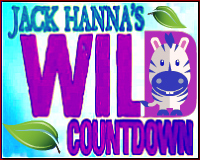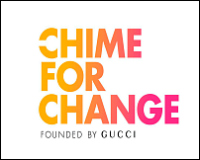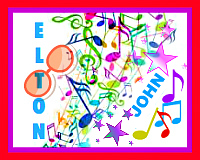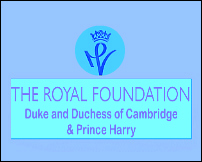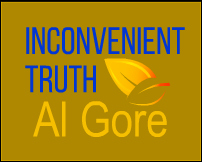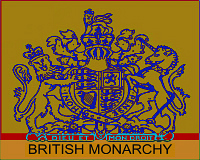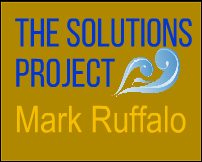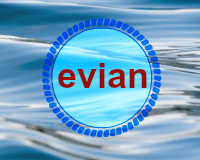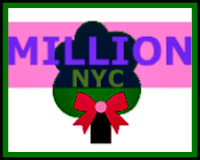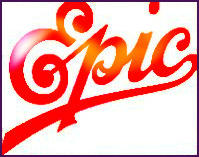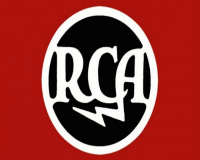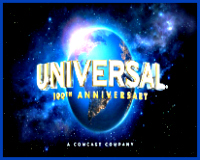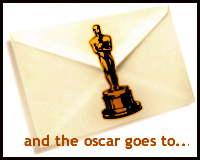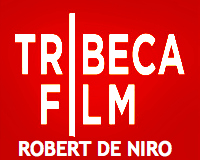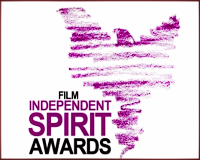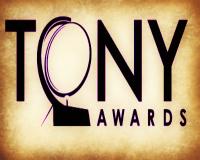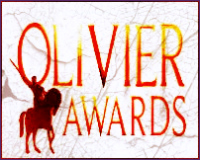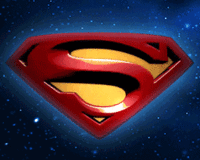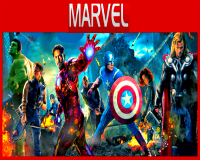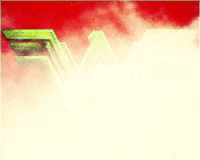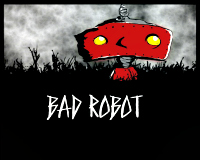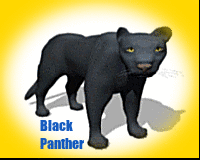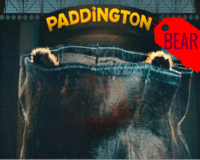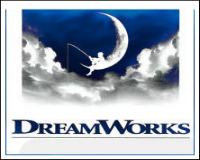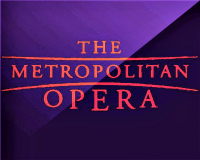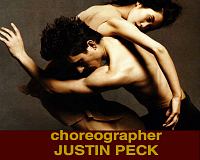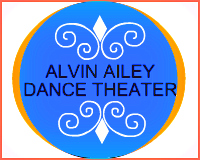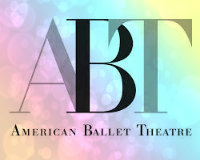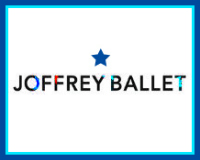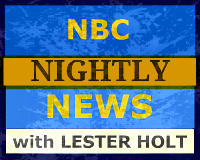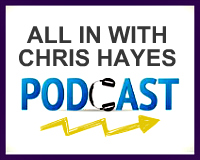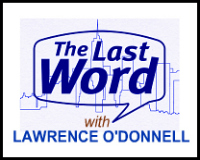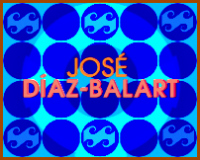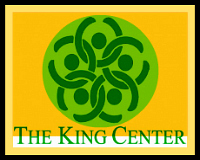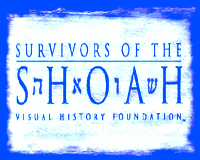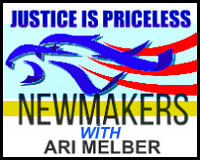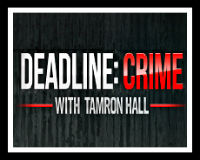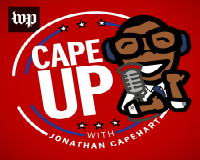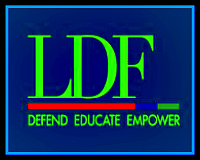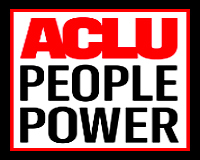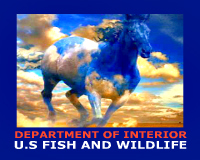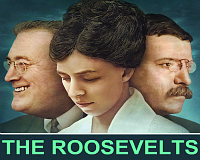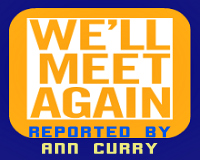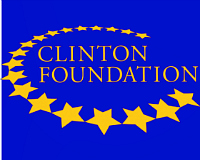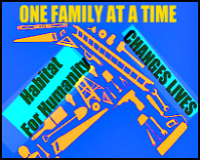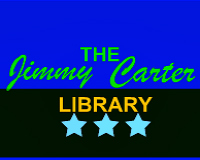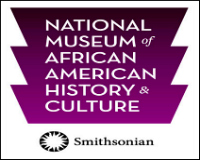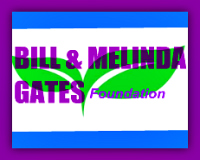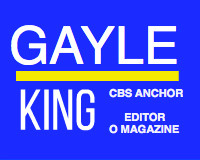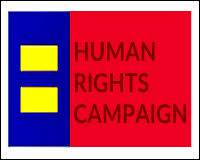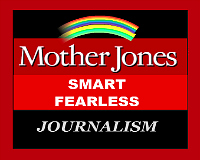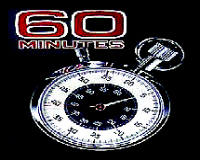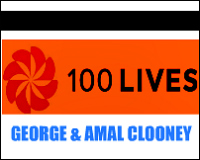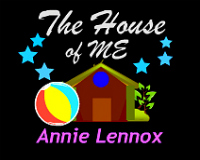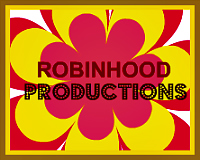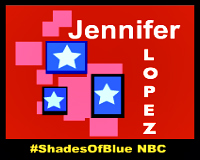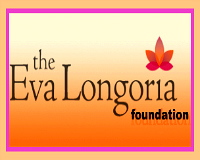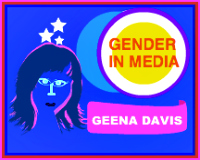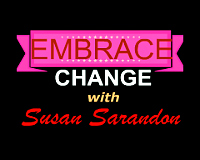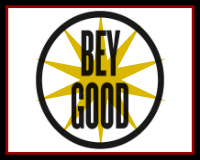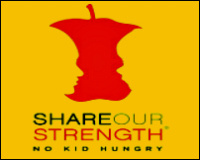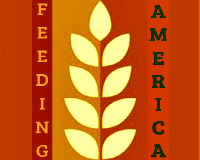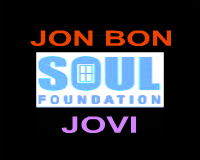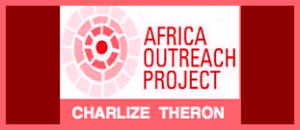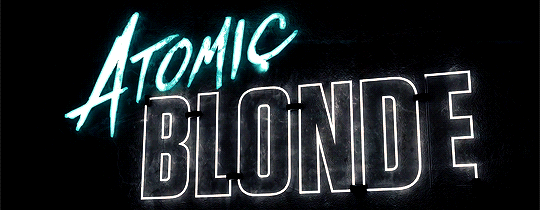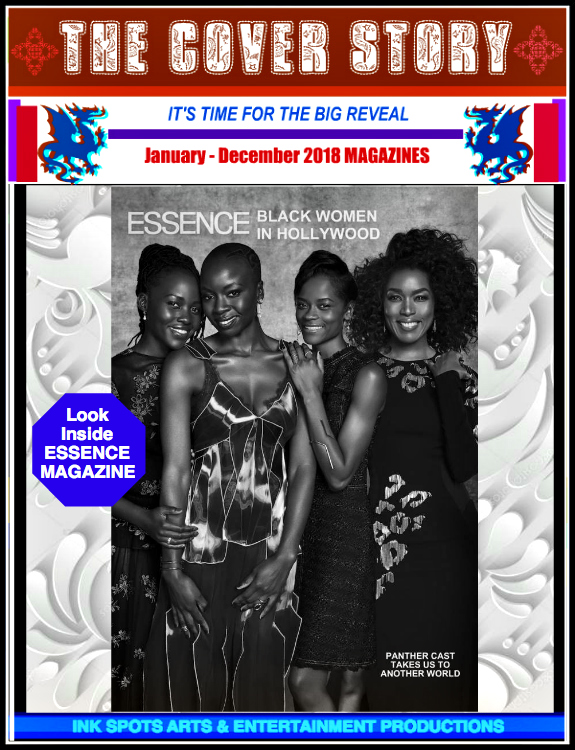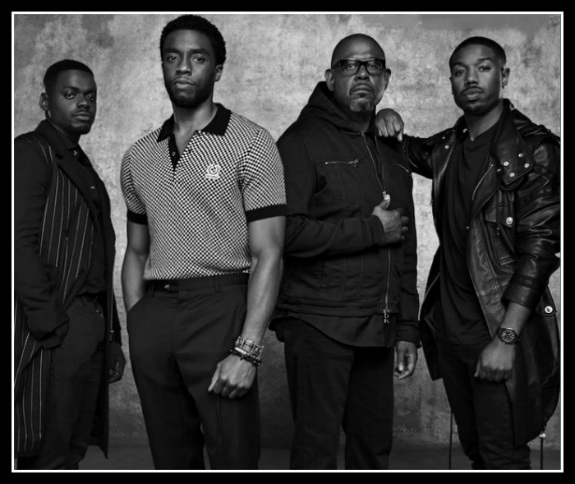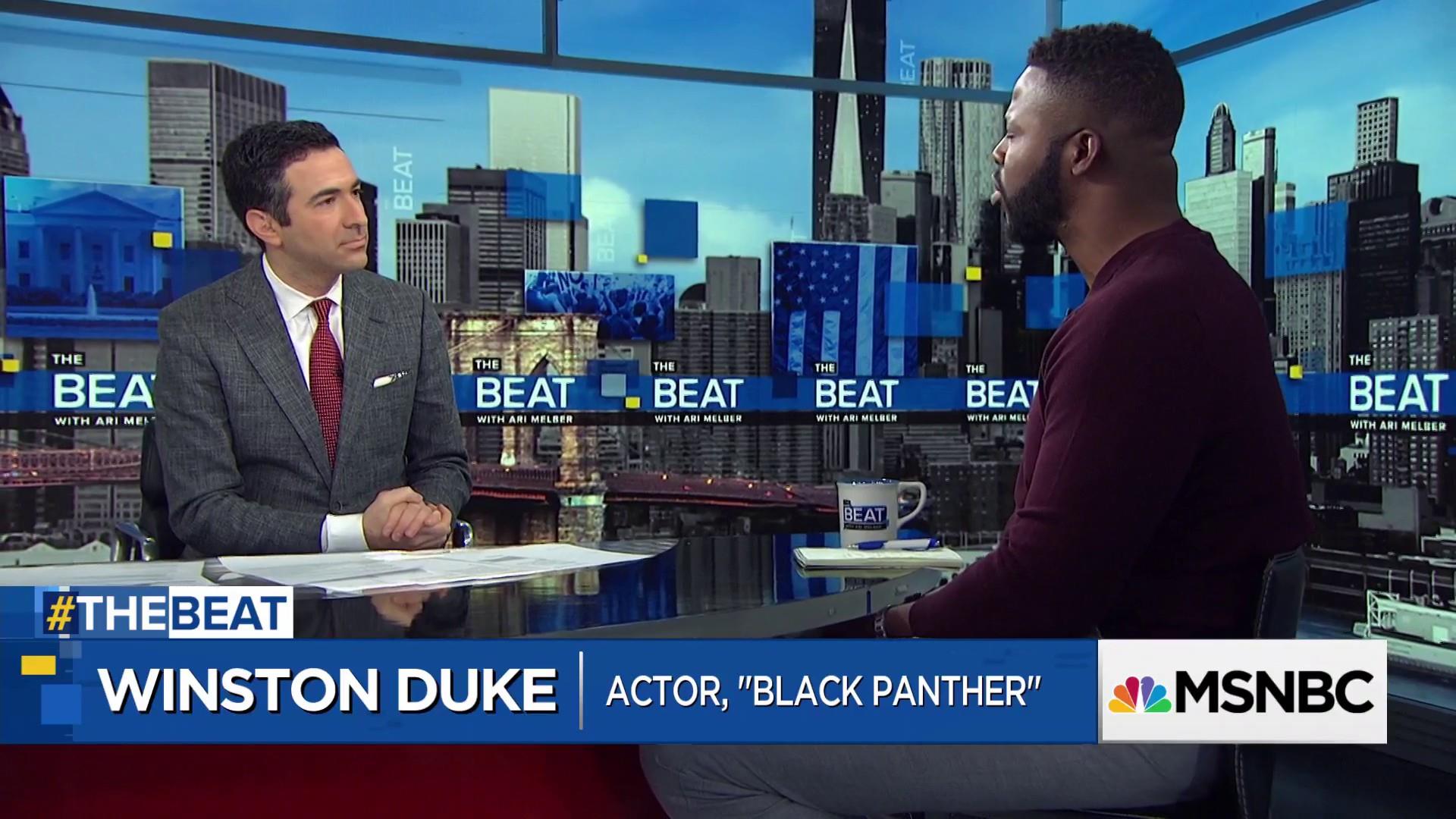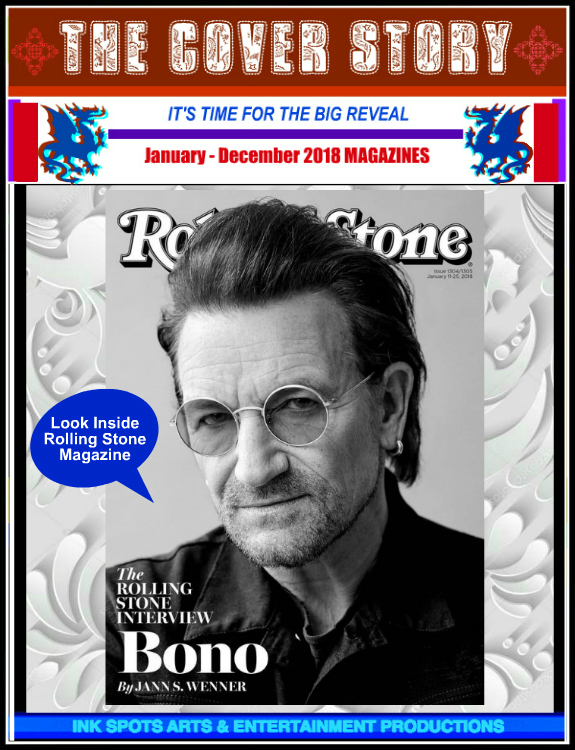Charlize Theron, Having Kids Her Way and the Atomic Blonde Spy Sequel
 Wednesday, May 9, 2018 at 09:02AM
Wednesday, May 9, 2018 at 09:02AM 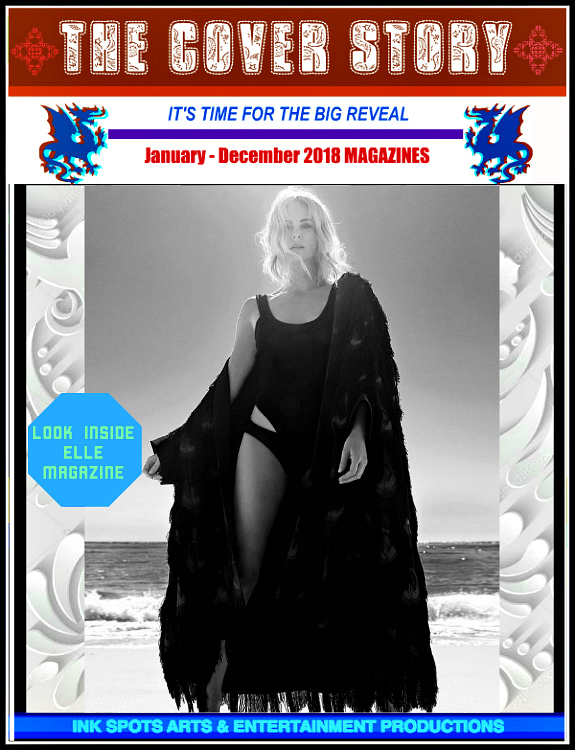
Elle Magazine | Charlize Theron on Raising Children in Trump's America
Indie Wire Interview | Charlize Theron on Plans for ‘Atomic Blonde’ Sequel and Growing Up
Follow on Twitter @CharlizeAfrica
Charlize Africa Outreach Project Charlize Theron Videos 2011 Interview Charlize Theron on why she won't marry Why Charlize Theron Knew She Would Adopt Her Kids Charlize Theron Opens Up About Her Kids, and Dating
Having Kids Her Way and Movies... There’s an element of warfare to Tully, Charlize Theron’s second outing with Young Adult director Jason Reitman and screenwriter Diablo Cody. In it, Theron plays Marlo, an overwhelmed and over-it pregnant mother of two. Her Waterloo: the birth of her third child. As she plunges into staggering depths of exhaustion, Marlo faces down opponents familiar to so many mothers: an ineffectual partner, moody daughter, and differently abled son (and a school system that fails him); scarce funds for child care; and a postpartum body—heavy, leaking, and unwieldy—that’s no longer her own. Relief comes in the form of the titular night nurse, Tully, gifted to Marlo by her wealthy brother, and perhaps too good to be true. Theron, who adopted her two children—Jackson (Jacks), six, and August (Auggie), two—gained 35 pounds for the part. And not since her Oscar-winning turn as Aileen Wuornos in Monster has the 42-year-old been more unrecognizable. (It’s worth noting that while Wuornos was actually homicidal, there are times when Theron’s Marlo, dead-eyed and anguished, looks similarly unhinged.) Bolstering the dark comedy is Cody’s clever, poignant dialogue, which is at once funny “ha-ha” and funny “hmmm.” And while, yes, Tully is a mom movie, albeit one of a very specific socioeconomic status, it’s also a rumination on aging and the erasure of one’s identity when faced with the relentless monotony and drudgery of not just mom life, but life in general. In a phone interview with her good friend Chelsea Handler, who has famously chosen “otherhood”—aka not having children—Theron unloads all that’s weighing her down. —Katie Connor Chelsea Handler: Let’s start with Tully. You gained a lot of weight for this film. Which you did for Monster, but you’re obviously older now, and this time was different. It was an emotional experience. Charlize Theron: Yeah. I filmed Monster when I was 27, and I just stopped snacking for three weeks and was back to my normal weight. This time it really hit me hard. I was constantly fucking eating. And I love carbs. But I sort of plateaued on carbs. So I started eating and drinking a lot of sugar. It really messed with my head. I had depression for the first time in my life shooting this film. I felt like I was in a dark cloud. Getting back to normal took a long time CH: I saw you at the amfAR awards. You had a dress and a jacket on and you said, “I need to show you my body in the bathroom.” I was like, “No, I’m good.” But we went to the bathroom and you showed me your thighs, your back, and your stomach, and I could not believe what was going on underneath your dress. You were a completely different person. A lot of actresses wouldn’t have done that, but it’s part of your craft. I wish more people would be that brave. CT: I’ve never really understood people who don’t want to do the transformation. That, to me, is the joy of the job. You get to visit the entire body of someone else. That’s not to say that it’s brave. But I can’t imagine playing this character and not gaining the weight. That exhaustion, the way you feel about your body, the way your face changes. Everything. Your hands, fingers, shoe size. CH: Your feet got bigger? CT: Oh my God, my feet got so fat. I was living in Uggs. CH: Oh, dear. I love what you and Diablo do together. Young Adult and Tully are so unglamorous, which strikes a chord because you’re a supermodel and blah blah blah, we don’t want to talk about how pretty you are, that’s boring—but it’s nice to see a woman be so real. CT: If you look at my career, I have done more work in realism than the glamour stuff. It’s what I wanted to build my career on and why I fought so hard to not just play the ingenue or the girlfriend. It’s strange to me that people still go, “Oh, this is such a nice surprise!” I’m like, No, it’s not a surprise anymore! After 25 years, I’ve been consistently trying to explore real people. Every once in a while, I do something crazy, like Atomic Blonde, but that’s more rare for me now. CH: People just have a very limited way of thinking about somebody who looks like you, but that’s their preconceived notion. So the movie is about motherhood. You have Jacks and Auggie, whom you adopted. Is there any part of you that feels like you’re missing out on something by not having your own biological kids? CT: When I first filed [for adoption], my mom showed me a letter I’d written when I was little; I asked if we could go to the orphanage. In South Africa, orphanages were everywhere, and I wanted a brother or sister. I was always aware that there are so many children in this world who don’t have families. Adoption is a very personal thing—I know people whom I love dearly who don’t feel that they could raise another child as their own. I respect that. But for me—and I can’t be the only person out there—I never saw a difference in raising an adopted child versus my own biological child. I don’t feel like I’m missing out on something. This was always my first choice, even when I was in a relationship. I was very honest with my partners that I was open to having my own biological kids but that adoption had to be a part of my life. I felt that strongly about it. CH: What have you learned about yourself as a parent? CT: Perspective. I just see things clearer. A child in my twenties was the scariest idea I could think of. When I got to my thirties, I was so ready. But there’s a moment where you’re like, Oh God, I hope once I have my kids, I’m still going to want to be a parent this much. I have bad days. I make mistakes. Going through the tantrum stages when they’re such little assholes. And they choose the worst moments. It’s a lot for one person. But after six years of having my two nuggets, there’s not a day when I wish I hadn’t done this. CH: And you coparent with your mom, Gerda, which is nice. CT: I knew that I would have to have my mom help me if I was going to do this as a single parent. To not acknowledge her in coparenting my children would be a lie. She has jokingly said, “Being a grandparent is what I was born to do.” I was like, “Yo, bitch! What about me? Was it not to raise me? I’m your kid!” But I’m so lucky to have that. I would feel pretty alone if I didn’t have a partner in crime in all of this. CH: About your twenties comment—because it does matter when you have children, how you feel about yourself, your career—how would you describe your twenties versus thirties versus forties? CT: My twenties were everything I wanted them to be. I had a partner. He was an adventurer, and I was an adventurer. We would pack backpacks, go to a country for five weeks, climb mountains, stay in people’s homes. I partied. I did it all. We didn’t have a care in the world. Then, when I ended that relationship, I had a strong need to be a mom. It was all-consuming. I didn’t need to travel or go out constantly or drink anymore. But I struggled mentally through the adoption process. Some of the lowest points in my life were dealing with the first time I filed; it really took an emotional toll. There were many situations that didn’t work out, and you’d get attached and have all your hopes up and then just get crushed. So I was in a different mind space. I had different needs. My forties—I have never loved an age more than my forties. Forty to me feels like Goldilocks. Like I’ve finally found the perfect-size bed, the perfect-size mug.… CH: The perfect mattress. That was your birthday present, so you’re welcome. Let’s talk about the postpartum stage, because that’s uplifting! I remember you saying when you were getting Jacks that your breasts were sore. CT: Yeah. I was waiting for so long that when I found out Jackson was born, I was like, Wow, I want this kid so badly that my breasts are hurting. I didn’t have postpartum depression or anything like that; it was just my boobs. It’s the power of the mind. When motherhood is taking up a lot of space in your head, your brain can tell you that your body is experiencing things. But my friend Ashlee was a huge inspiration in making Tully. She’s one of my closest friends, and I saw her struggle through postpartum depression. She had this moment where she was like, “I don’t know how I’m supposed to feel right now. I don’t feel like me.” It’s hard to watch a friend go through that. CH: There’s a sequence of emotions that women go through. CT: Completely. And pregnancy has a lot to do with that, which I never experienced. I didn’t go through a 30-hour labor or carry an extra 40, 50 pounds. I didn’t go through all those dramatic physical things. So of course it was okay for me to wake up every two hours. But pregnancy takes a toll on women. Some love it; others don’t. It’s time to acknowledge that postpartum depression doesn’t have to fit into this little compartmentalized box of what we think it is. In the beginning, I wanted to do it all and didn’t reach out for as much help as I actually needed. I felt, If I don’t do all of this, then maybe I am a bad parent. The second time, I realized I am happier and my kids are happier if I ask for more help. People think I have a staff of 40, but I don’t. I have one nanny and my mom up the street and amazing friends and family. I call them my village. But I’ve learned to balance things out more. I look at my fuel gauge and think, Is it full or is it empty? Then it’s up to me to decide how to fill that tank back up or just remain empty. But what can you do on an empty tank? CH: I’ve seen Diablo raise her three kids. If I’ve learned anything, it’s that only you know what’s right for you and your children. People have their own style of parenting, and that’s the way it should be. CT: I’ve had a lot of moms come up to me and tell me I’m screwing everything up. Both my kids grew up on formula, and I remember a mom saying to me, “You should really buy breast milk.” And I was like, What?! That’s a line you just don’t cross. My oldest just started big school. She’s not even there a full year. So I’ve not gotten into the whole [judgy moms at] school thing yet. The good thing about me is, I’ve never given a shit about what people think. That’s the only quality I have that has probably helped me in being a mother. CH: You’re raising two children of color. Obviously, coming from South Africa, you know a lot about racial inequality, but what are your thoughts on Black Lives Matter and our current climate? CT: Being raised during the apartheid era in South Africa made me so hyperaware of equality and human rights. Of course, I have two black kids, but that was always something I was passionate about. I don’t even know how to talk about the last year under our new administration. But racism is much more alive and well than people thought. We can’t deny it anymore. We have to be vocal. There are places in this country where, if I got a job, I wouldn’t take it. I wouldn’t travel with my kids to some parts of America, and that’s really problematic. There are a lot of times when I look at my kids and I’m like, If this continues, I might have to [leave America]. Because the last thing I want is for my children to feel unsafe. CH: It’s a tough conversation to have. CT: We’re not there yet, but trust me, we talk. I want them to know who they are, and I want them to be so fucking proud of who they are. Building confidence for them right now is an oath I made to myself when I brought them home. They need to know where they come from and be proud of that. But they’re going to have to know that it’s a different climate for them than it is for me, and how unfair that is. If I can do something about that, of course I’m going to.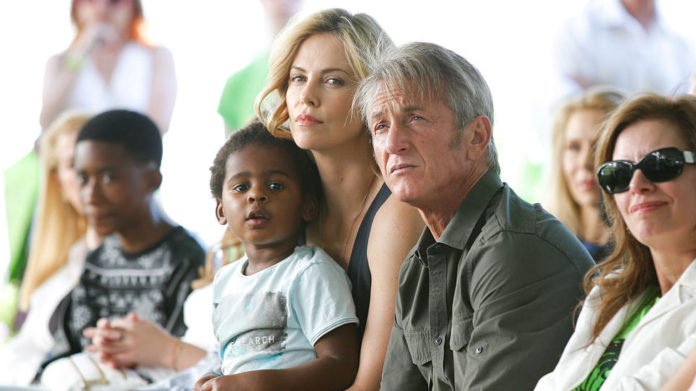 Photo: Points of Light generationOn Block Party LOS ANGELES, CA - APRIL 18: Jackson Theron, actress Charlize Theron and actor Sean Penn attend the Points of Light generationOn Block Party on April 18, 2015 in Los Angeles, California. (Photo by Joe Scarnici/Getty Images for generationOn)
Photo: Points of Light generationOn Block Party LOS ANGELES, CA - APRIL 18: Jackson Theron, actress Charlize Theron and actor Sean Penn attend the Points of Light generationOn Block Party on April 18, 2015 in Los Angeles, California. (Photo by Joe Scarnici/Getty Images for generationOn)